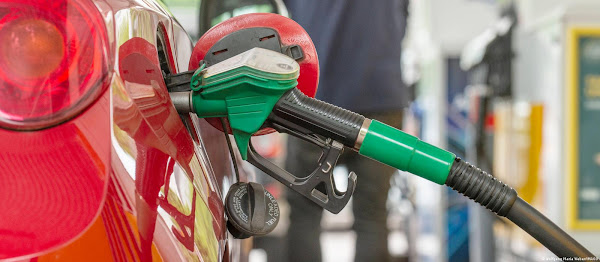Germany wants the law changed to allow for the sale of ICE cars after 2035 if they run on hydrogen-derived e-fuels, which are produced by electrolysis with added carbon. Since, unlike Italy, Germany has enough voting power to kill the legislation simply by abstaining in the final vote, the European Commission has started drafting a compromise to allow this. French President Emmanuel Macron, who strongly supports the ICE ban, is meeting with German Chancellor Olaf Scholz at an EU summit in Brussels today. Macron may support the compromise in exchange for German support for nuclear power as a ‘green’ tool to fight climate change.
Most automakers actually supported the original legislation because they see a market opportunity in EVs, the campaigner points out.
The vast majority of automakers don’t even want this, says Keynes.Ford, Audi, VW and Volvo have all come out 100% against this idea. Basically, Porsche is the only carmaker that has openly said they are investing in this [e-fuels]. This is really a solution for sports cars, because it is so expensive.
The benefit of e-fuels is that they are a ‘drop-in’ fuel that can be fed into any ICEs already on the road today, either blended or pure. A hard 2035 ban on ICEs could kill investment in e-fuels – potential markets in aviation and shipping do not on their own provide a sufficiently strong business case to get e-fuels off the ground, says the industry – and deprive drivers of a potential medium-term climate solution.
Dave Keating
I’ve been loosely following this debate on Twitter with a mix of bemusement and disbelief – the law received final approval from EU energy ministers on Tuesday. You would think the entire climate strategy of the EU rested on this single piece of legislation, which doesn’t even apply to heavy trucks and buses by the way. In reality, transitioning to electric cars reduces greenhouse gas emissions only insofar as the electricity consumed comes from carbon-neutral sources – a caveat that applies equally to vehicles powered by e-fuels. Otherwise we’re just shifting the source of the emissions from roads to powerplants – which may improve air quality in cities, but does nothing to address global warming.

Electric cars have their share of downsides that their supporters conveniently overlook. They require new infrastructure for charging stations; longer waits for ‘refueling’ vehicles on longer journeys – I suspect this is one of the reasons trucks were exempted from the regulation, as switching to all-electric would slow their transit times considerably; and massive battery production (and recycling) capacity – where China has a considerable lead, so in the interest of autonomy it would not be prudent to replace a dependency on imported fossil fuels with a dependency on imported batteries and rare earths… E-fuels, with higher energy density per mass and leveraging existing fossil fuel infrastructure, would avoid most of these issues, and may be the only practical solution for decarbonizing air travel, but as mentioned in the article they remain costly to produce.
Ultimately, we need to consider and implement multiple solutions to reduce reliance on fossil fuels, from improved access to public transportation (obviously carbon-neutral), to extended rail networks (for freight, if not primarily for people), to smaller and lighter vehicles, even lasting energy-saving measures, however unpopular they may prove. There’s no reason not to have e-fuels as an option in this mix, to at least explore its potential in key areas where fully electric propulsion would be impractical.
Post a Comment